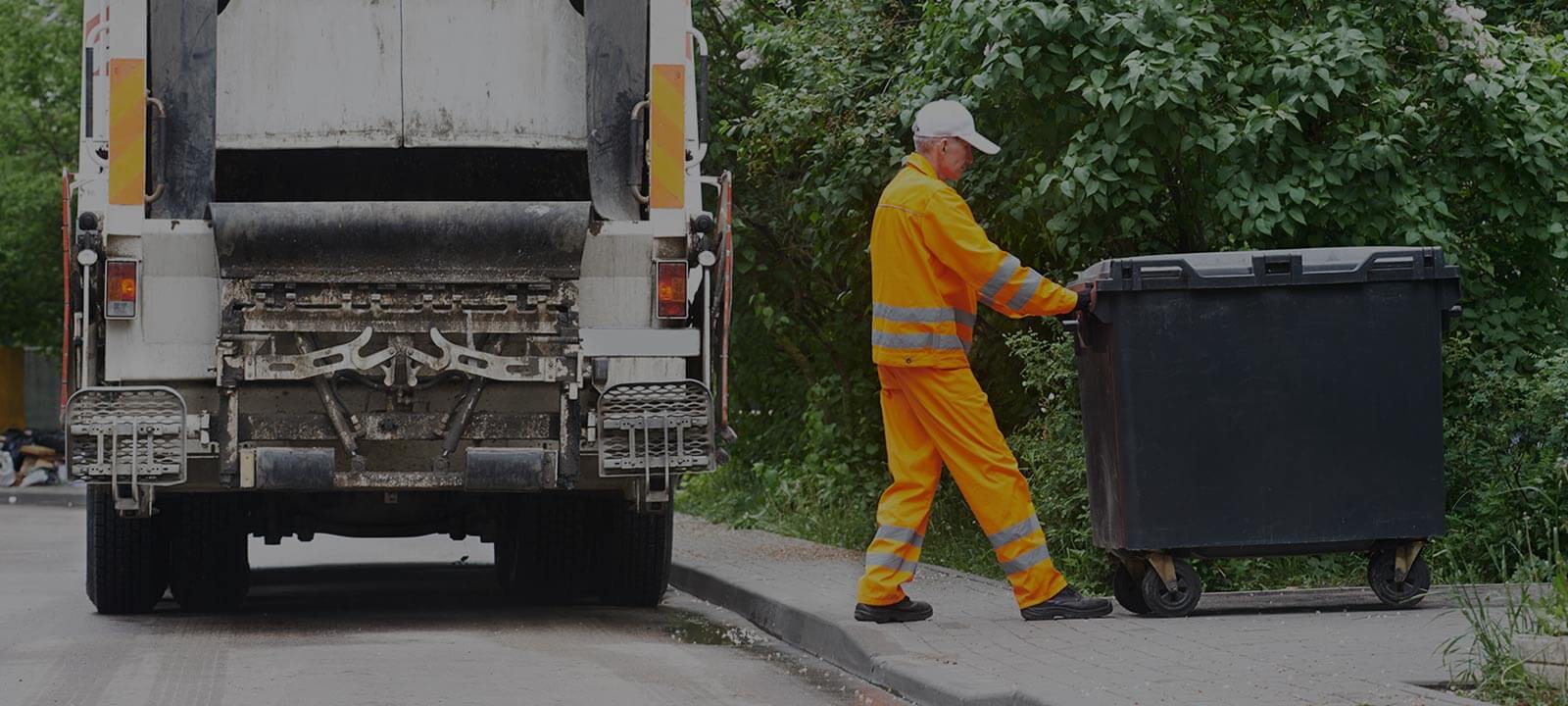Squandering Funds on Illegal Waste Removal in London: An Unsustainable Path
Posted on 03/05/2024
With a population of over 8 million people and growing, London is one of the most densely populated cities in the world. As such, it generates a massive amount of waste every day. In an effort to manage this waste effectively, the city has implemented various waste management policies and regulations. However, despite these efforts, many individuals and businesses continue to turn to illegal waste removal methods, causing harm to both the environment and their wallets. In this article, we will delve deeper into the issue of illegal waste removal in London and explore its consequences.
The Rise of Illegal Waste Removal in London
Illegal waste removal refers to any form of waste disposal that does not adhere to the legal guidelines set by the government. This includes practices such as fly-tipping, where waste is dumped illegally in public areas such as parks or along roadsides. According to recent statistics, fly-tipping incidents have risen by 6% in London over the past year alone. This alarming trend can be attributed to a number of reasons.
One of the main reasons for the rise in illegal waste removal is the high cost associated with disposing of waste through legal means. Waste collection fees and landfill taxes are constantly increasing, making it expensive for individuals and businesses to dispose of their waste properly. As a result, many people turn to cheaper alternatives, even if they are illegal.
Another contributing factor is lack of awareness about proper waste management techniques. It is not uncommon for individuals to be unaware of what constitutes as hazardous or non-hazardous waste, leading them to dispose of it incorrectly.

The Consequences of Illegal Waste Removal
The consequences of illegal waste removal are far-reaching and detrimental to both the environment and society as a whole. For starters, it poses a serious threat to public health and safety. Waste dumped illegally can contain hazardous materials which can contaminate land and water sources, leading to potential health hazards for humans and wildlife.
Moreover, illegal dumping also affects the aesthetic appeal of the city, making it unsightly and unhygienic. This can have a direct impact on tourism and local businesses, resulting in lost revenue.
From a financial perspective, illegal waste removal puts a strain on the government's budget as authorities are forced to allocate resources towards cleaning up after these activities. This ultimately leads to higher taxes for citizens.
The Sustainable Solution
Clearly, illegal waste removal is an unsustainable path that needs to be addressed urgently. The good news is that there are several measures that individuals and businesses can take to ensure their waste is disposed of in an environmentally-friendly and legal manner.
Firstly, everyone should be aware of the proper waste management techniques recommended by the government. This includes sorting waste into different categories (recyclable, non-recyclable, hazardous) and disposing of them through licensed waste management companies.
Secondly, individuals and businesses should invest in recycling programs and reduce their overall waste production. By recycling as much as possible, we can decrease the amount of waste ending up in landfills or being illegally dumped.
Finally, stricter penalties and enforcement for illegal waste disposal must be put in place to deter individuals from engaging in such practices. This will send a strong message that illegal dumping will not be tolerated and those caught will face serious consequences.
Pros and Cons
The pros of addressing the issue of illegal waste removal are numerous. It would result in a cleaner environment, better public health, lower costs for taxpayers, and more sustainable use of resources. On the other hand, the cons include increased costs for proper waste disposal and a change in mindset and behaviors regarding waste management.
Takeaways
In conclusion, squandering funds on illegal waste removal is an unsustainable path that has detrimental effects on our environment and society. By educating ourselves on proper waste management techniques and taking action to reduce our own waste production, we can play a crucial role in tackling this issue. The responsibility also falls on the government to enforce stricter regulations and penalties to deter individuals from engaging in illegal waste removal. Let us all work towards a cleaner and more sustainable London for generations to come.
Tips for Proper Waste Management
1. Educate yourself on what constitutes as hazardous and non-hazardous waste.
2. Sort your waste into different categories before disposal.
3. Invest in recycling programs and reduce your overall waste production.
4. Dispose of your waste through licensed waste management companies.
5. Report any instances of illegal dumping to the authorities.

Takeaways
1. Illegal waste removal is an unsustainable practice that has detrimental effects on the environment and society.
2. Proper education, recycling, and responsible waste disposal can help tackle this issue.
3. Stricter penalties and enforcement from the government can also play a significant role in addressing illegal waste removal.
Conclusion
It is clear that the consequences of illegal waste removal in London are severe and cannot be ignored. It is up to all of us to make a conscious effort to dispose of our waste properly and report any instances of illegal dumping. Let's work together towards a cleaner, healthier and more sustainable city for ourselves and future generations.
Latest Posts
Reusing for Resource Conservation
Industry applauds government's dedication to improving e-waste recycling practices






